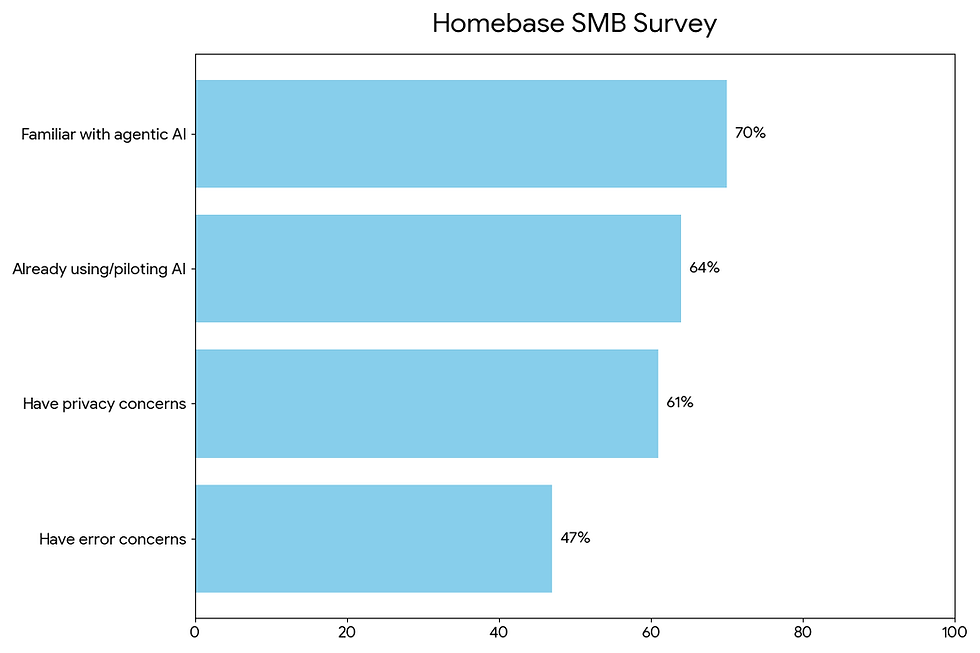Palo Alto Networks to Acquire CyberArk for $25B, Marking a New Era in Identity Security for AI
- Aug 3, 2025
- 2 min read

Palo Alto Networks (NASDAQ: PANW) announced last week that it will acquire CyberArk (NASDAQ: CYBR) in a $25 billion cash-and-stock deal — marking a major consolidation in cybersecurity and a strong signal that identity security is the next frontline in AI defense.
The deal offers CyberArk shareholders $45 in cash and 2.2005 shares of Palo Alto Networks for each share held, representing a 26% premium over the prior 10-day trading average. The move marks Palo Alto’s formal entry into identity security — one of the fastest-growing and most complex areas of modern cybersecurity — and adds to its strategy of building a multi-platform security suite for the AI era.
Why CyberArk?
CyberArk is widely recognized as the category-defining leader in privileged access management (PAM) and identity security. Its platform secures both human and machine identities, including the rapidly emerging category of agentic AI— autonomous software agents that can initiate actions, make API calls, and interact across systems on behalf of users or themselves.
With the rise of AI agents, identity frameworks like CyberArk’s are increasingly essential for establishing just-in-time access, least privilege enforcement, and zero-trust controls — particularly for AI workloads operating at enterprise scale.
As CyberArk founder Udi Mokady put it:
“Together, we'll bring unmatched expertise across human and machine identities, privileged access, and AI-driven innovation to secure what's next.”
TheMarketAI.com Take
This deal is part of a broader understanding that is emerging in the AI age: Cybersecurity is just as mission-critical as compute infrastructure.
As AI grows more powerful — particularly with agentic AI and autonomous tools — so does its potential for abuse. Fraud, deepfake scams, autonomous malware, and AI-powered intrusion are no longer fringe concerns. They are now daily threats.
The same LLMs that allow developers to “vibe code” entire software systems can also be used to automate phishing, jailbreak firewalls, or simulate insiders. With every new AI productivity gain comes a new cybersecurity challenge.
It’s no surprise then that CyberArk’s stock is up 71% over the past 12 months — a market signal that identity security is no longer a compliance checkmark, but a strategic imperative.
This acquisition may change the cybersecurity stack for the AI era. But more importantly, it reflects a growing consensus: AI-first security requires identity-first design. Whether it's human, machine, or AI, every actor now needs to be secured and governed from the start.


